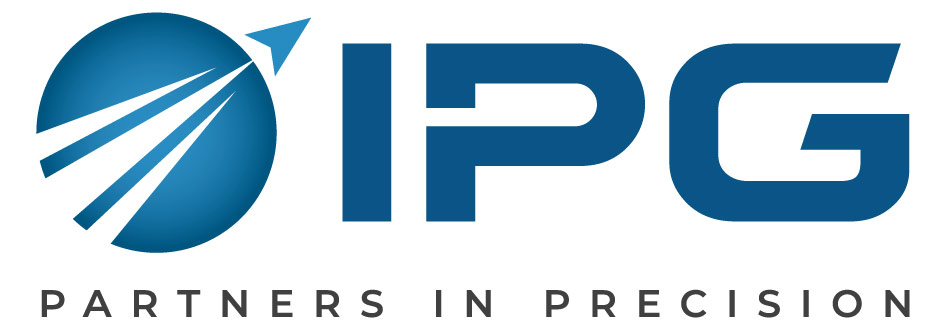Quality is defined as high grade, superiority, or excellence. Within the machining industry there are many standards or certifications that a company may want to acquire to demonstrate their commitment to quality. Having a solid Quality Management System (QMS) in place is the foundation for a company to ensure they are performing at a high level of quality. A QMS is a set of rules and methods of operation established by a business to achieve defined quality objectives and to continually improve internal processes. Quality can also be defined as the degree to which you meet your customers’ requirements. Therefore, QMS is the path that leads to customer satisfaction.
Why Have a Quality Management System?
The answer to this question is simple. Gary LaPorta, the Quality Manager at IPG, states: “If you don’t know where you are going, any road will get you there. Therefore, a business must first determine its quality goals. It is easy to understand that if you do not define the methods you need to follow to consistently meet those goals, it is impossible to achieve repeatable customer satisfaction. Our Quality Management System defines our goals, the methods to achieve them, the way we monitor achievement of the goals, and how we create an ongoing cycle of improvement of our methods and customer satisfaction.”
“Indiana Precision Grinding has taken our Quality Management System a step (a giant step) beyond having simply created one. We are certified by an independent, qualified organization to AS9100, which is a specified set of Quality Management System rules developed by aviation, space, and defense organizations. We get audited every year to prove our continuing compliance. Therefore, businesses such as airplanes, helicopters, and weapons manufacturers deem us qualified to provide precision grinding services on their products.”
How Do You Maintain a Quality Management System?
Documenting processes and preparing for audits is not the goal of a QMS. A well-functioning QMS should align all roles of your company to constantly improve a level of excellence. Gary LaPorta goes on to say: “Another simple answer that also includes my reason for loving working at Indiana Precision Grinding: top management involvement and support. Top management in many businesses are only interested in QMS during audits. (I’ve worked in those situations, and it’s not a healthy business environment.) Here, it’s different. Top management at Indiana Precision Grinding is interested, supportive, and INVOLVED. I cannot count the number of times I hear from our CEO, “Gary, I’m thinking of making a change to make the “X” process more effective. Let’s talk.” THAT involvement is what allows Indiana Precision Grinding to maintain such high customer satisfaction scores.
How Does Your Company Leverage a Quality Management System?
At IPG, we are continually improving our processes; from receiving your order, setting up the documentation, reviewing your purchase order and requirements, performing an engineering and inspection review, all the way until your order is ready to ship. We have found that having simplistic processes in place eliminates the dependence on tribal knowledge and helps us to keep our service sharp and exceptionally efficient. Have you ever dined in a restaurant and ordered the same menu item multiple times and many of those times felt as if the meal was not made the same way? Well, documented processes eliminate situations like this one and ensure a higher level of quality is achieved. At IPG, we leverage our QMS to serve our customers with world-class quality service at every level.
What Does an Auditor Look For When Visiting a Company?
Mike Singletary, an AEA Lead Auditor, shared with us what he looks for when performing a QMS audit: “There is a quick list of key issues I look for when performing a quality audit:
1) Are you meeting the customer regulatory requirements specific to the aerospace industry?
2) Is QMS effectively implemented and maintained throughout the organization?
3) Do you have defined and documented processes and procedures that are consistently followed?
4) Do you have measures in place to monitor and continually improve the effectiveness of your QMS?
5) Do you have a strong focus on risk management and prevention of nonconformities?
6) Do you have a commitment to a culture of continuous improvement and customer satisfaction?
7) Do you have appropriate resources and competencies to effectively implement your QMS?
Defining, improving, and controlling processes, reducing waste, preventing mistakes, and lowering costs are just a few of the many benefits that a well implemented QMS presents to your company. Indiana Precision Grinding has learned to shed the mentality of just walking through the motions of our processes and put on a mindset of embracing the vision and culture of continual improvement. John Ruskin quoted: “Quality is never an accident. It is always the result of intelligent effort.”

